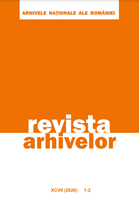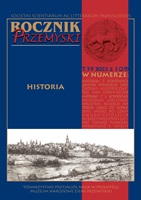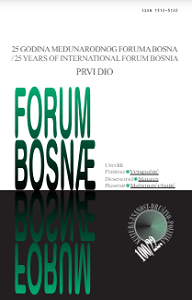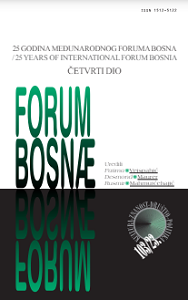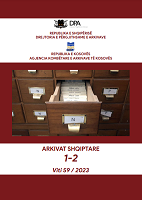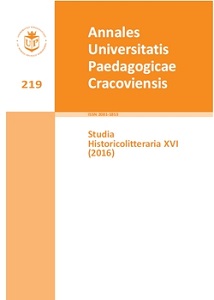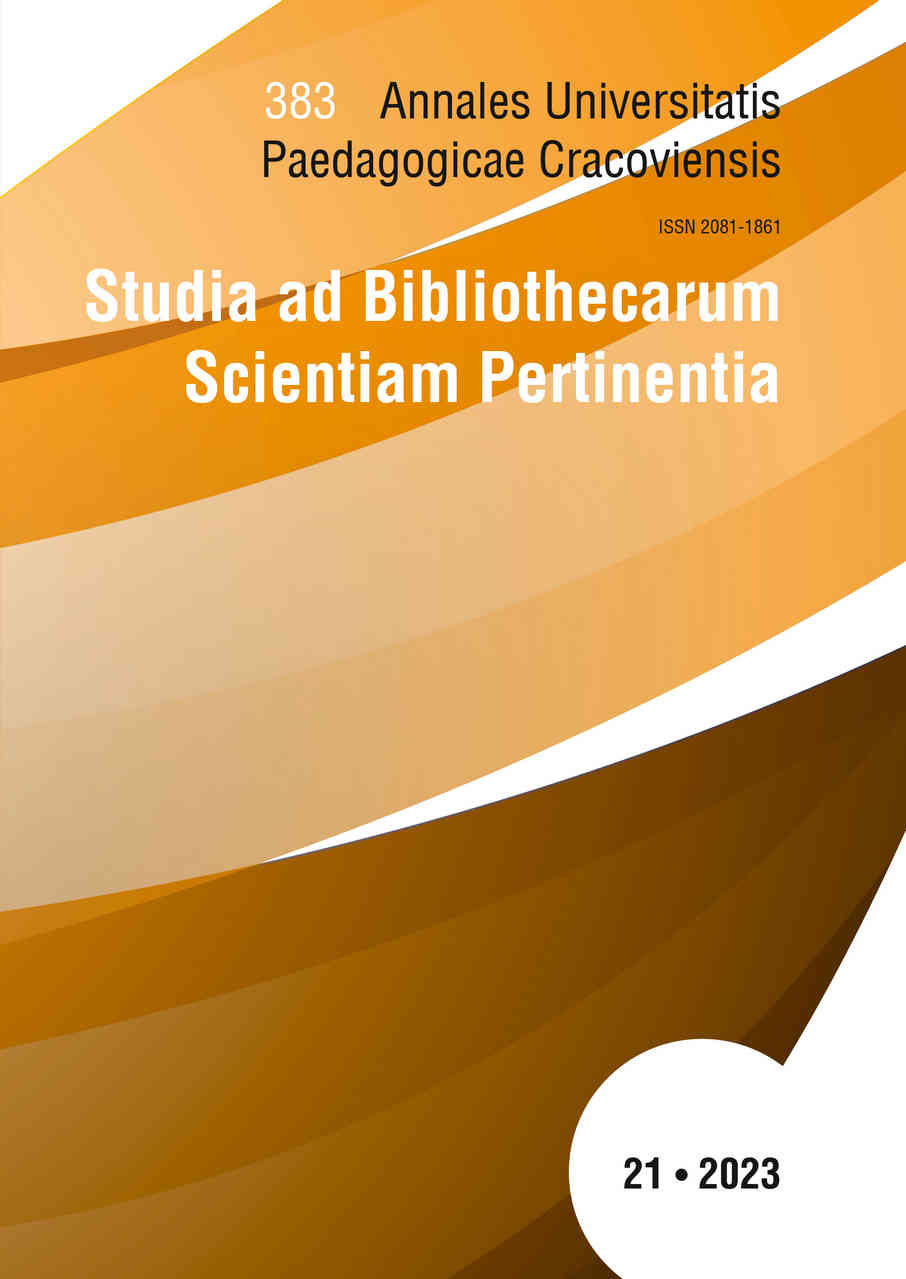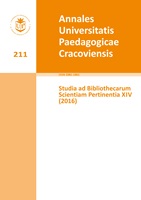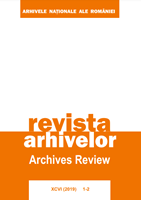
Incursiune ucraineană: Arhiva Centrală de Stat Istorică a RSS Ucrainene din Kiev (1968). Românii în arhivele Liovului (1969)
The paper intends to fulfil the graphic of accomplishment of the National Archival Fonds with the period between 1957 and 1991. It is about historical-documentary evidences from the Soviet archives, following the investigations enterprised in the archives of the Soviet Socialist Republic of Ukraine by Constantin Gonciariu, the first and by now the only Romanian archivist that has studied the central historical archives in Kiev and Lvov. The methodology and peculiarities of the Romanian researches in the Soviet archives result from the inter-institutional correspondence of the General Direction of the State Archives and from the documentation appraisal in the paper (travel reports, references, notes set up by the envoys of the State Archives in order to make research in the Soviet Union. The fruits of the scientific missions in Ukraine of C. Gonciariu in 1968-1969 materialize in the study of the files from fonds preserved at the State Historical Central Archives of the Soviet Socialist Republic of Ukraine in Kiev and Lvov, where he detected documents from the modern period, which deals with the relations of the Romanians with the Russians and Ukrainians, ancient charters for the privileges delivered by the Romanian princes to the merchants in Lvov, letters written by the princes, princesses, high prelates and officials, all of them comprising information related to the economic, cultural and religious connections between the Romanian Principalities and Poland, Lithuania and the Russian lands. It is about archivalia from the Ukrainian heritage. Their microfilm copies enriched Microfilme-Rusia/URSS [Microfilms-Russia/USSR] collection at the National Archives of Romania. In addition, by exploring thoroughly the Ukrainian archival sources that are accessible online and at the same time the secondary literature in Ukraine, the paper brings into light sources that had been ignored by now, although they are essential for the Romanian historical past, which are preserved in the archives, museums and libraries in Kiev and Lvov. By mentioning them, the basis for possible common projects to be endeavoured between the National Archives of Romania and the State Service of Archive of Ukraine is set up.
More...
